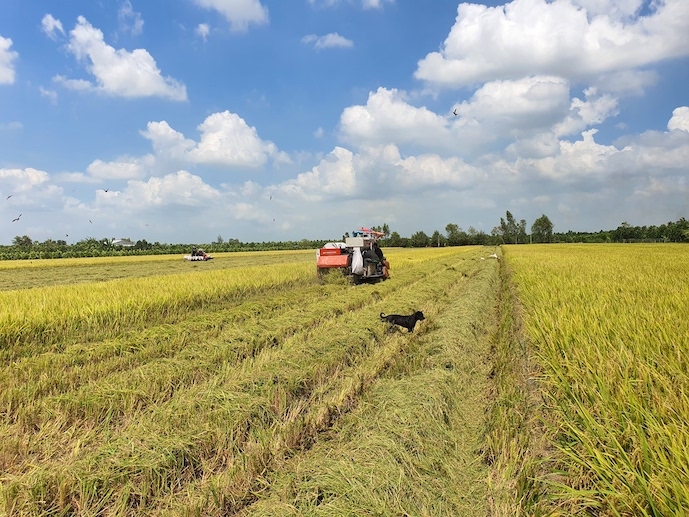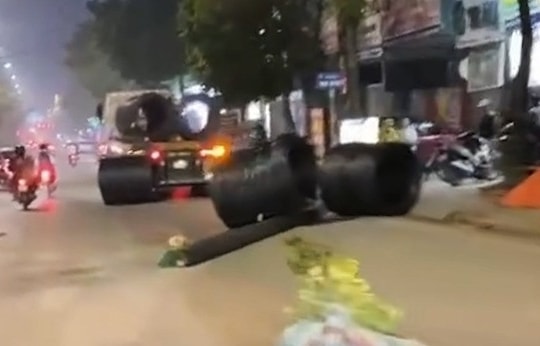Between January and August, Vietnam spent US$850 million on rice imports, a surge of 44% compared to the same period last year, according to the General Department of Vietnam Customs.
Vietnam imports rice to meet specific domestic demand, which is partly attributed to a shift in domestic rice production towards higher-value fragrant rice varieties by Vietnamese farmers, said local news reports.
“Each year, Vietnam imports over one million tonnes of rice from Cambodia to meet demand when necessary,” said an official from the Ministry of Agriculture and Rural Development (MARD). “We import rice from major exporting countries like India for use in processed foods, animal feed, and other food products.”
While there are concerns that imported rice could be mixed with domestic rice or re-exported as Vietnamese rice, experts believe these risks are minimal due to the distinct characteristics of rice varieties from different countries.
Vietnam’s annual rice production is sufficient to ensure food security, maintain national reserves, and use for export, according to the Ministry of Industry and Trade.
MARD has set a target of maintaining rice output at 43 million tonnes of paddy annually by 2030, equivalent to 27-28 million tonnes of rice.
The ministry estimates that around 29.5 million tonnes of paddy will be needed to ensure food security and domestic consumption, leaving 13.5 million tonnes of paddy, or 7-8 million tonnes of rice, for export.

























